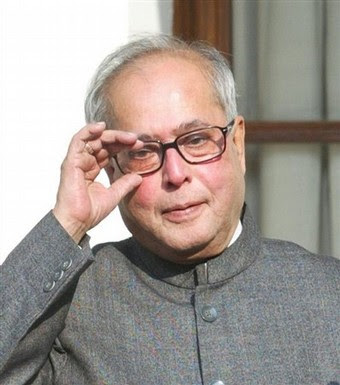
Finance minister Pranab Mukherjee said the tax department would launch prosecution proceedings in relevant cases from the names of account holders given by foreign banks.
Ahead of a Supreme Court hearing on a public interest litigation (PIL) on black money, finance minister Pranab Mukherjee at a press conference on Tuesday detailed the government’s strategy to deal with black money and said the tax department would launch prosecution proceedings in relevant cases from amongst names of account holders given by foreign banks.
The government has the names of account holders in Liechtenstein’s LGT Bank and information given by German banks.
Mukherjee refused to name account holders citing secrecy clauses attached to legal frameworks with different countries which are used to obtain information on Indian account holders in foreign banks.
The information, however, has been given to the Supreme Court in a “sealed envelope,” Mukherjee, said. The names would be revealed when the tax department launches prosecution proceedings in relevant cases, he added.
The Supreme Court on 27 January resumes hearing a PIL on black money being held in European banks by Indians, initiated by senior lawyer Ram Jethmalani along with some former civil servants, who want the court to examine the issue as well as the falling standards of administration on the part of the government.
The PIL claims this is a “colossal failure to enforce the law” due to influential politicians in various parties being involved in the offences.
According to Mukherjee, the press conference had its roots in a suggestion by Prime Minister Manmohan Singh asking the finance ministry to place in public domain the strategy to deal with black money. Singh had made the suggestion during a recent cabinet meeting which discussed amendments India had signed with its tax partners to elicit information on foreign bank accounts of Indians.
During a hearing on 19 January, the Supreme Court took a tough position against the union government, asking it why it was not disclosing the names of Indian citizens who allegedly stashed away large sums of unaccounted money in European banks from 2002 to 2006.
The main pillar of the government’s strategy to deal with the problem is to amend tax treaties with different countries to allow for information on bank details to be shared.
According to Mukherjee, a change in international opinion in the wake of the 2008 financial crisis had played a positive role in amending treaties.
The G-20 countries had decided to jointly take on countries or tax jurisdictions, which were reluctant to share critical information, Mukherjee, said.








